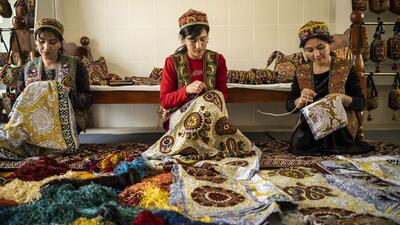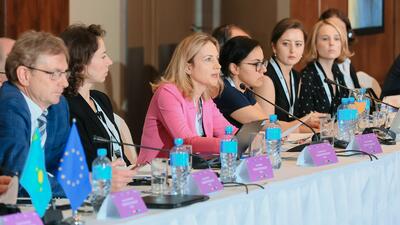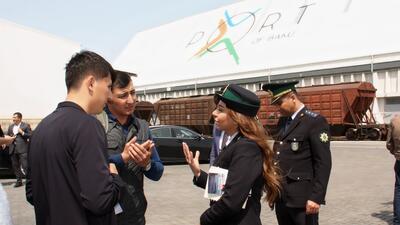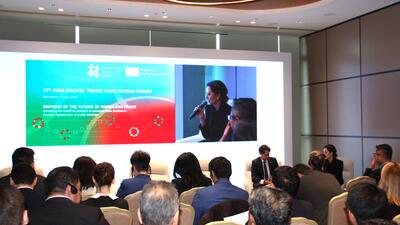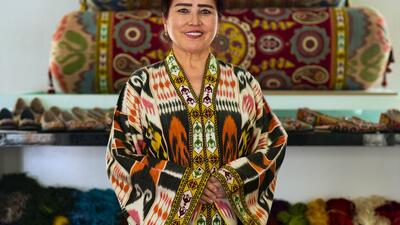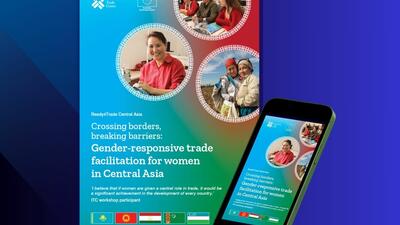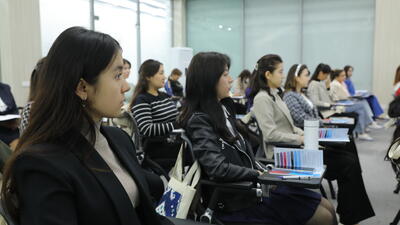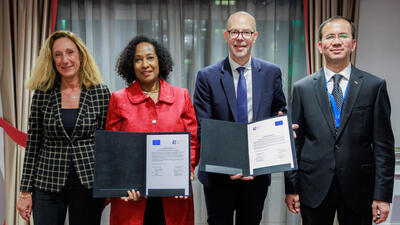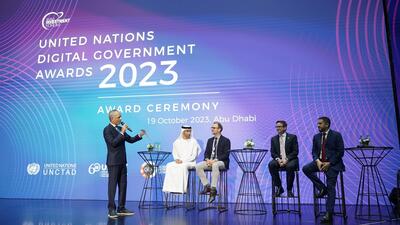
Tajikistan simplifies customs procedures to align with WTO Trade Facilitation Agreement
Tajik importers no longer pay extra for customs services on weekends and official holidays
Tajikistan eliminated double payments for customs fees during weekends and official holidays. Previously, importers whose goods were cleared on weekends and official holidays, had to pay double for the service.
This is a significant step the Central Asian country took towards simplifying its customs procedures and thus meeting the WTO trade facilitation provisions with the support of the International Trade Centre (ITC).
What are customs fees?
To go through customs clearance, local importers need to pay customs duties, customs fees, and other payments, including VAT.
Customs fees are the payment customs clients need to pay the customs agency for the service. In Tajikistan, the standard tariff for weekday clearance starts at $10 and reaches $450 depending on the total value of the goods to be cleared. Before this measure was put in place, Tajik authorities charged twice for the clearance of goods on weekends and during holidays.
Local businesses had expressed their discontent with this heavy fee, as it impacted negatively on their business and requested its suspension.
The Government answered the call by adopting a decree to eliminate the double payment standard. Now, if an importer’s goods are cleared on Saturday and Sunday, the importer pays the same standard tariff as he would pay on Monday or any other week day.
Increasing transparency, boosting business
In addition to reducing customs fees, the new measure adds two extra days for importers to clear their goods at no additional cost.
The reform increases transparency and aligns Tajikistan with the World Trade Organization provisions the country agreed to implement as a member. It also strengthens the cooperation between the public and private sectors.
The changes are expected to result in increased economic activity, injecting additional income into the country’s budget. It will also serve the interest of customers as the prices of goods are expected to decrease thanks to importers saving money through the reduced customs fee.
The Coordination Committee on Trade Facilitation
The recommendation to eliminate extra weekend and official holiday service payments was made by the Tajik private sector and supported by ITC experts through meetings and discussion platforms, created jointly by the Tajik agencies and ITC.
One of these platforms is the Coordination Committee on Trade Facilitation (CCTF) – a public-private sector body which was established in accordance with the WTO TFA requirement (December 2016). The Ministry of Economic Development and Trade chairs the committee and the Customs Service is a deputy chair. Established with the financial support of the Government of Switzerland and ITC’s technical aid, the CCTF oversees the alignment of Tajikistan with the requirements of the WTO Trade Facilitation Agreement.
With support from the European Union, ITC has repeatedly brought Tajik public and private sectors together to discuss the challenges businesses face and to jointly seek for solutions.
These meetings and platforms provide an opportunity to further facilitate trade in Tajikistan and strengthen the cooperation and dialogue between public and private sectors, thus paving the way for smoother trade for Tajik businesses.
More about GTEX
The International Trade Centre’s Global Textiles and Clothing Programme (GTEX) is funded by the Government of Switzerland. The GTEX programme provides support to Textile and Clothing (T&C) companies in Central Asia (Kyrgyzstan and Tajikistan) and the Middle East and North Africa (Egypt, Morocco and Tunisia). The programme’s goal is to promote T&C exports and to stimulate employment and income generation along the value chain.
More about Ready4Trade
The Ready4Trade Central Asia aims to support the development of intra-regional and international trade in five Central Asian countries. The four-year initiative is a trade component of a larger EU-funded programme which aims to support Investment, Competitiveness and Trade, thus contributing to sustainable and inclusive economic development in the region. The Ready4Trade Central Asia project is funded by the European Union and implemented by the International Trade Centre.




